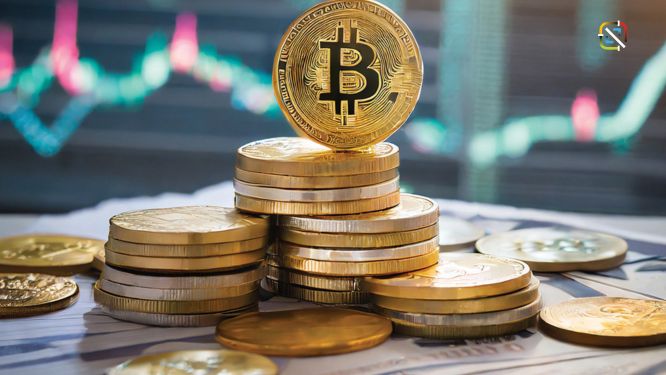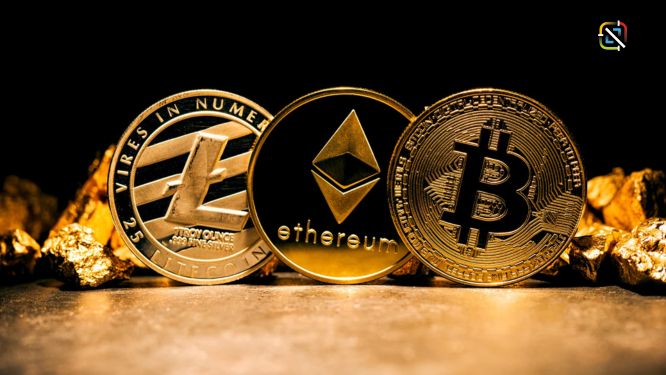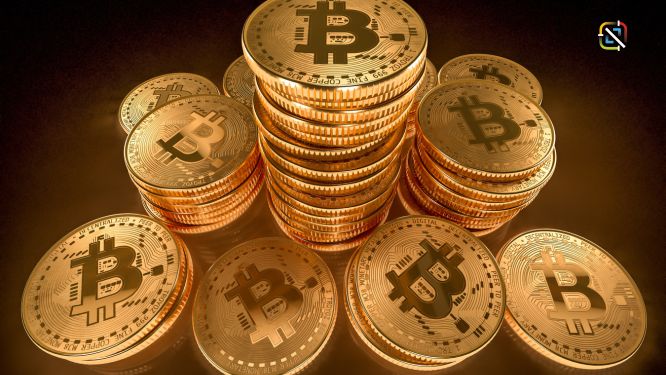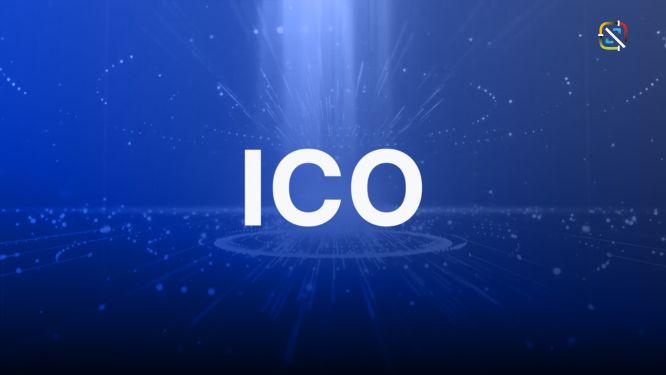
In a bold move that could reshape the landscape of social media, Charles Hoskinson, the visionary founder of Cardano, is set to launch a decentralized social network in Brazil. This initiative comes at a crucial time as the country grapples with increasing censorship and the recent ban of X (formerly Twitter). Hoskinson’s project aims to provide a platform that champions free speech and privacy, leveraging blockchain technology to ensure users have full control over their data and content.
The decision to launch this decentralized network in Brazil is strategic. The country has seen a surge in government-imposed restrictions on social media platforms, culminating in the recent ban of X, which has left millions of Brazilians without a platform for open communication. Hoskinson’s decentralized network promises to fill this void by offering a censorship-resistant platform that cannot be easily shut down by any central authority.
Decentralized Social Networks: The Future of Digital Communication
Hoskinson’s foray into decentralized social media aligns with the growing global demand for platforms that prioritize user autonomy and privacy. Unlike traditional social networks, which are often controlled by centralized entities, a decentralized social network operates on a blockchain. This structure ensures that no single entity has control over the network, making it immune to censorship and providing users with greater freedom to express themselves.
The launch of this network in Brazil is particularly timely given the recent X Ban and the broader context of increasing censorship in the country. The platform will allow users to engage in discussions, share content, and connect with others without the fear of being silenced by government authorities or corporate interests. By using blockchain technology, the network will ensure that all user data is encrypted and securely stored, preventing unauthorized access and maintaining user privacy.
Hoskinson’s Vision and the Impact on Brazil
Charles Hoskinson’s vision for this decentralized social network goes beyond just providing an alternative to existing platforms. He aims to create a community-driven ecosystem where users can actively participate in the governance and development of the platform. This approach not only empowers users but also ensures that the platform remains true to its decentralized ethos, with decisions being made collectively by the community rather than a central authority.
The implications of launching this decentralized network in Brazil are significant. It could set a precedent for other countries facing similar challenges with censorship and government control over social media. Furthermore, it aligns with the broader trend of decentralization that is sweeping across various industries, from finance to social media, as people increasingly seek alternatives to traditional centralized systems.
This initiative by Hoskinson also resonates with the BRICS: India Considers Cryptocurrency for Trade, Moving Away from US Dollar strategy, where countries are exploring decentralized solutions to reduce reliance on traditional systems controlled by a few dominant players. The decentralized social network could become a vital tool for preserving free speech and fostering open dialogue in regions where such freedoms are under threat.
Looking Ahead: The Future of Social Media in Brazil
As Charles Hoskinson prepares to launch this decentralized social network in Brazil, the world will be watching closely. If successful, it could pave the way for a new era of social media, one where users have complete control over their digital identities and can communicate freely without fear of censorship. The project could also inspire similar initiatives in other countries, further accelerating the shift towards decentralized platforms.
In conclusion, Charles Hoskinson’s decentralized social network represents a significant step forward in the fight for digital freedom. As Brazil faces increasing restrictions on social media, this platform could provide a much-needed alternative that empowers users and protects their right to free speech. With the launch of this network, Brazil could become a global leader in the adoption of decentralized social media, setting the stage for a more open and inclusive digital future.























